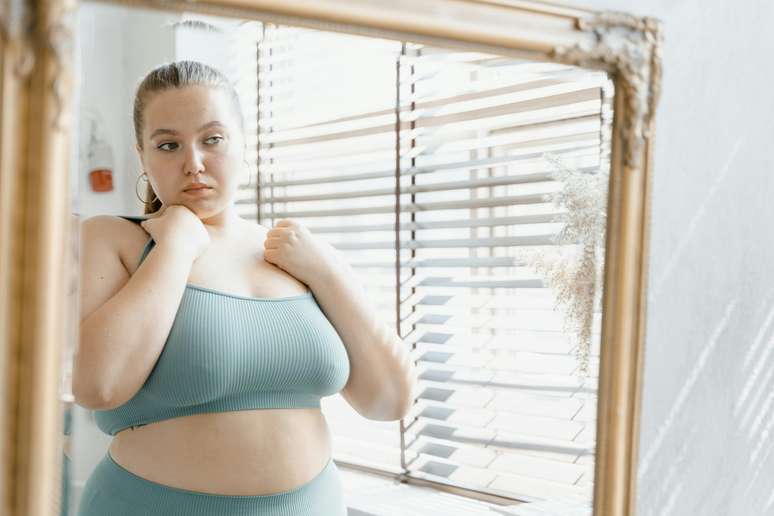Incorporating healthier habits should be all about your life
With the arrival of the hottest season of the year, people have already started preparing for the “summer project”, with the aim of obtaining aesthetic results to show off in the hottest period of the year. And they always promise themselves that they will eat better, exercise, drink more water, among other things…
Fashion never lasts more than three months, of course. Some will have given up even earlier, and now, in addition to being further away from a healthy life, frustration remains: another year of putting off self-care. Does it always have to be this way?
The answer is: no!
“It is essential to focus on long-term changes in habits because they allow a more solid and sustainable transformation of diet and lifestyle. Specific projects can bring temporary results, but do not guarantee a lasting and effective change”, explains Lúcia Endriukaite, nutritionist and spokesperson for Ovos Institute Brazil.
For this reason, the professional underlines that it is essential to change the way of thinking, not just wanting to change the body: «Attention to long-term changes favors consistency, because it encourages the adoption of healthy habits in daily life, making them a natural part of the routine. This way, people are more likely to maintain these habits over time.”
The problem of idealization
But why do so many people stick to the “summer plan” and end up leaving positive changes to a healthier life by the wayside? The lack of information may be one of the explanations: the idea still persists that the gym is a place to enhance only aesthetics when, in reality, the practice of physical exercise is essential to promote well-being and maintain good health , helping to prevent a number of serious illnesses, including depression and anxiety.
In 2023, for example, Brazil was considered the most anxious country in the world by the World Health Organization (WHO), as well as the fifth with the highest number of people suffering from depression on the planet. However, the nutritionist explains that one of the challenges in maintaining a healthier habit is the lack of access to healthy foods, in addition to the little incentive to practice physical exercise.
The famous restriction
A vicious circle is created: there is no desire to take care of one’s health, and this lack of care leads to less health! Another big bad, unfortunately little discussed, are the so-called miracle diets, which have nothing to do with miracles! Lucia warns: “Extremely restrictive diets can have several negative consequences, including nutritional deficiencies, metabolic imbalances, binge eating and eating disorders.”
These restrictions make it difficult to change habits, as they create an unhealthy relationship with food, based on deprivation and guilt, instead of promoting a balanced and sustainable approach.
We must therefore go well beyond thinking of a “summer project”. Nutrition education and clear guidance on balanced food choices from appropriate professionals are needed.
A global transformation
The nutritionist also emphasizes that the transition to a healthier life should not only be seen individually. Especially because external factors such as the availability of healthy foods, cultural, social and economic influences, stress, lack of time and limited access to resources can hinder the transformation of habits. In other words, more than a summer project, healthier living should be a national and government assistance project.
“I hate the gym, I always give up, what do I do?”
Being healthy doesn’t just mean going to the gym: there are numerous physical activities you can do that will have positive effects on your health. We’ve put together two simple ones (that you can even do at home!)
- A walk of more than 15 minutes can help fight heart disease, reduce the risk of diabetes and even help with sweet tooth cravings. This is confirmed by a study carried out by Harvard University, in the United States, in 2023.
- Going up and down the stairs for about 25 minutes can improve circulation, prevent the formation of varicose veins and even increase the feeling of well-being. If you’re the type of person who always reaches for the escalator at the mall or on the train, you might want to change this habit!
Source: Terra
Ben Stock is a lifestyle journalist and author at Gossipify. He writes about topics such as health, wellness, travel, food and home decor. He provides practical advice and inspiration to improve well-being, keeps readers up to date with latest lifestyle news and trends, known for his engaging writing style, in-depth analysis and unique perspectives.








